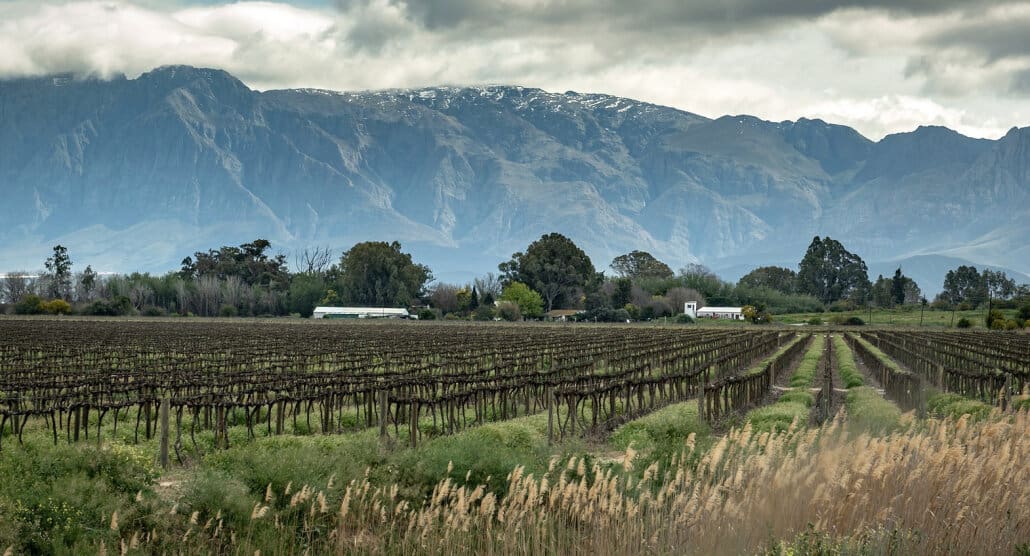Source: Transparency International
The rising demand for land due to the global food crisis, climate change, rising sea levels, desertification, and extreme weather events, all limit its availability and accessibility. As global crises exacerbate inequalities, people who experience discrimination see their land rights affected the most.
An earlier 2021 report by the Equal Rights Trust and Transparency International, Defying Exclusion, illustrated the mutually reinforcing general links between discrimination and corruption. Our new report, This Beautiful Land: Corruption, Discrimination and Land Rights in Sub-Saharan Africa, explores – for the first time – the dynamics of discriminatory corruption in the land sector. Examining evidence and case studies from seven countries in Africa – Ghana, Madagascar, Kenya, South Africa, Uganda, Zambia and Zimbabwe – and drawing insights from desk research, key informant interviews and original testimony from affected communities experiencing discrimination, This Beautiful Land uncovers clear patterns of how corruption and discrimination interact to impact land rights.
Land corruption includes all corrupt practices in the land sector and threatens the lives and livelihoods of people and communities, the environment and climate, food security and political stability. It is incredibly widespread, takes many forms and involves a wide range of actors. While the impact of land corruption on land rights is well documented, This Beautiful Land looks to understand its relationship to discriminatory practices.
Read the report below, or download it.
Discriminatory corruption in the land sector
Transparency International chapters spoke with individuals protesting unfair compensation following compulsory land acquisition in Uganda, people with albinism in Madagascar who had lost access to land, members of the Nubian community who face discrimination in Kenya, and farm workers denied fair benefits in equity schemes in South Africa, among others. The research found that corruption and discrimination intersect in many ways. Specifically, our findings show that:
- Discrimination results in greater exposure to corruption. Discrimination can incentivise corrupt behaviour among perpetrators looking to exploit the less powerful.
- Certain acts of corruption are directly discriminatory. This means that there is a direct causal link between a corrupt act or practice and the differential or unfavourable treatment of a protected individual or community. For example, cases of collusive corruption between members of politically dominant ethnic groups in Kenya demonstrate how corruption can result in the discriminatory denial of access to land.
- Groups exposed to discrimination may be disproportionately impacted by corruption. From religious minorities in South Africa, who face losing access to places of worship and sites of religious importance as a result of development projects; through to the youth of Zimbabwe, who sit on housing waitlists and risk losing a generational right of access to land due to corruption in rural land governance; the impacts of corruption are felt hardest by communities on the fringes.
- Discrimination and corruption result in the denial of justice. For example, in Ghana, in the context of conflicts between farmers and nomadic Fulani herders, the perception of corruption by both sides may contribute to the parties’ unwillingness to engage in dispute resolution mechanisms. In some countries, anti-corruption and land rights defenders have been subject to violent reprisals on account of their work.
- Corruption impedes the effectiveness of measures designed to advance equality. This dynamic was evident in South Africa, where a failure to ensure the accountability of actors involved in farm worker equity schemes has raised serious corruption concerns.
Recommendations
In light of the report’s findings, we urge states to take concrete measures to promote accountability and information transparency in land governance. Policymakers should take immediate action to protect individuals and communities whose land rights are undermined by the dual threats of corruption and discrimination. This includes adopting comprehensive anti-discrimination legislation and implementing clear anti-corruption safeguards in all areas of land governance.

